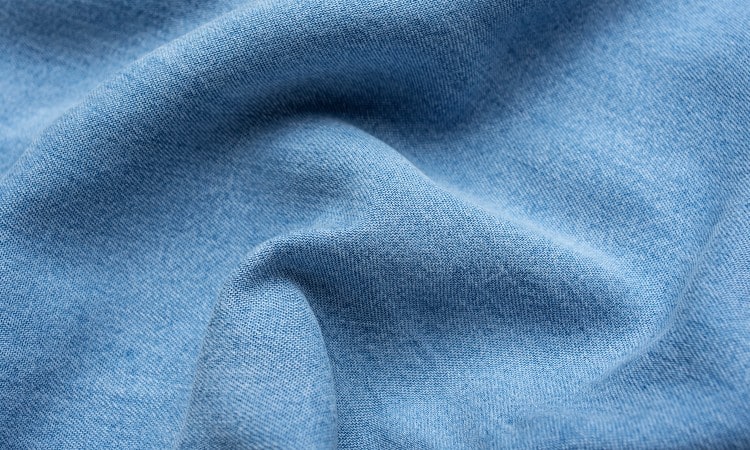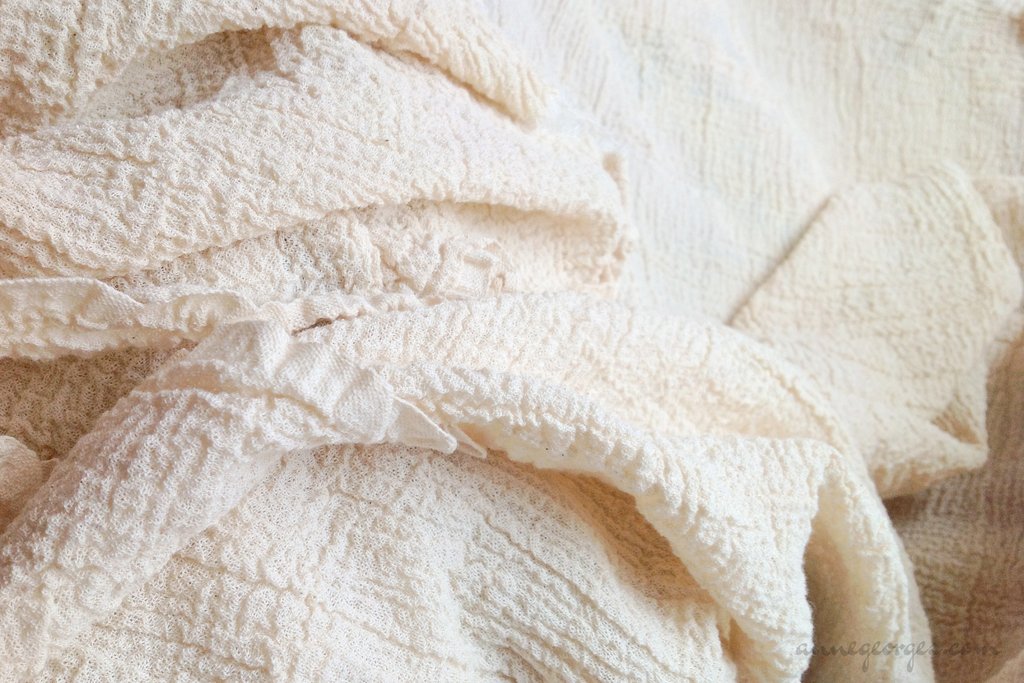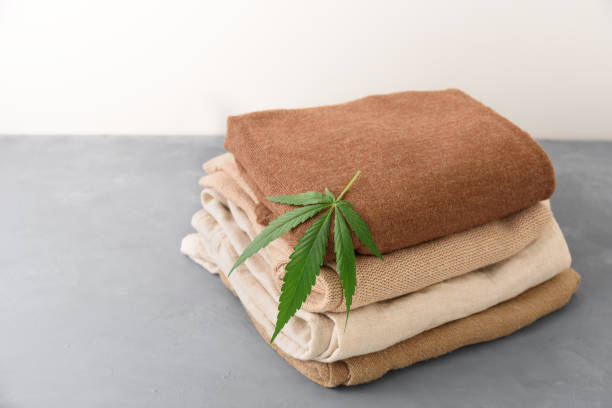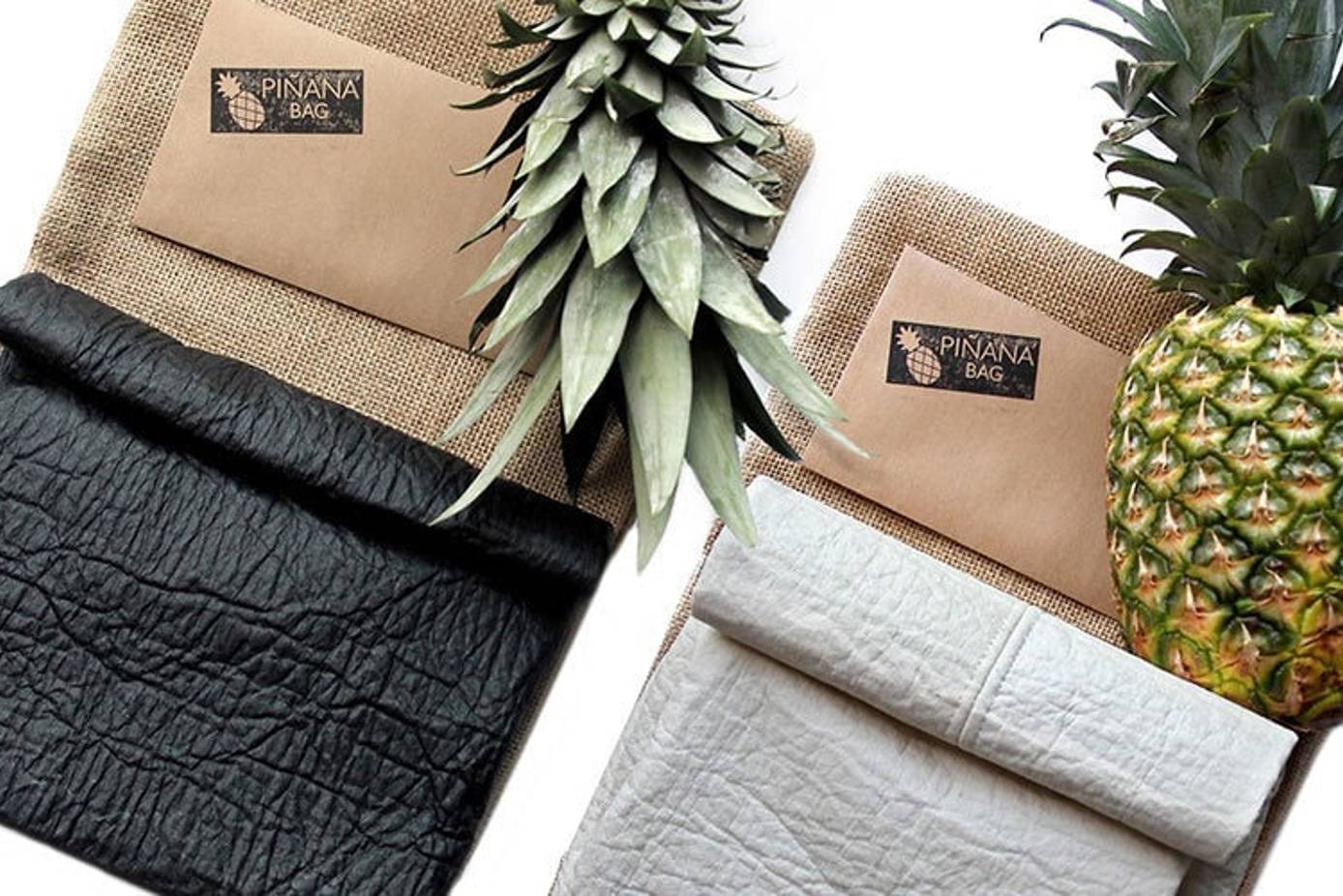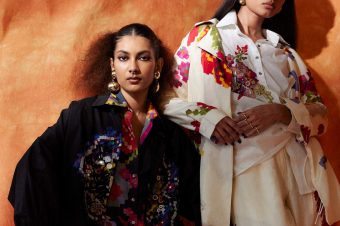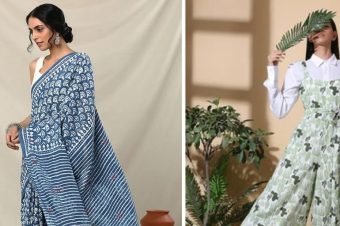The world of fashion is evolving, and so are the materials used to create our favorite garments. As sustainability becomes a paramount concern, the fashion industry is shifting towards eco-friendly practices, including the adoption of innovative fabrics that have a reduced impact on the environment. This transformation is not just a trend; it’s a vital step towards preserving our planet. In this blog, we’ll delve into the exciting world of sustainable fashion innovations, focusing specifically on the latest advancements in eco-friendly fabrics.
Tencel
Also known as Lyocell, is a revolutionary fabric derived from wood pulp, primarily sourced from sustainably managed forests. This closed-loop production process requires minimal water and energy, making it an eco-friendly alternative to conventional fibers like cotton. Tencel boasts a luxurious drape, breathability, and moisture-wicking properties, making it a versatile choice for clothing ranging from casual wear to formal attire. Its biodegradable nature and low environmental impact position Tencel as a game-changer in the world of sustainable textiles.
Organic Cotton
While cotton is a staple fabric in the fashion industry, conventional cotton cultivation involves extensive pesticide use and significant water consumption. Organic cotton, on the other hand, is cultivated without synthetic pesticides or genetically modified seeds, promoting healthier soil and reducing the environmental impact. As consumer awareness about sustainability grows, more brands are incorporating organic cotton into their collections, offering a more responsible choice for conscious shoppers.
Hemp
Hemp is a rapidly renewable and highly sustainable plant that requires minimal water and no synthetic fertilizers to grow. Hemp fibers are strong, durable, and naturally resistant to pests, reducing the need for chemical treatments. The fabric’s texture is reminiscent of linen, and it softens with each wash. With its versatile applications, hemp has the potential to become a key player in the movement towards sustainable fashion.
Piñatex
Piñatex is a revolutionary fabric made from pineapple leaf fibers, a byproduct of the pineapple industry. This innovation not only reduces agricultural waste but also offers an alternative to leather and synthetic materials. Piñatex is lightweight, breathable, and has a unique texture that adds a touch of uniqueness to fashion items. Its production also provides additional income to farming communities, contributing to a more sustainable and socially responsible fashion ecosystem.
Recycled Polyester
Polyester has long been criticized for its environmental impact due to its non-biodegradable nature and energy-intensive production process. However, recycled polyester is changing the narrative. By using post-consumer plastic bottles and other discarded polyester garments, this fabric reduces the demand for new raw materials and lessens plastic pollution. Recycled polyester maintains the performance qualities of traditional polyester while significantly decreasing its carbon footprint.
Sustainable fashion innovations are driving positive change in the industry, particularly regarding eco-friendly fabrics. From Tencel and organic cotton to hemp and Piñatex, these materials showcase the potential for fashion to be both stylish and environmentally responsible. So, the next time you shop for clothing, consider the journey of the fabric and the positive impact it can have on our planet.


